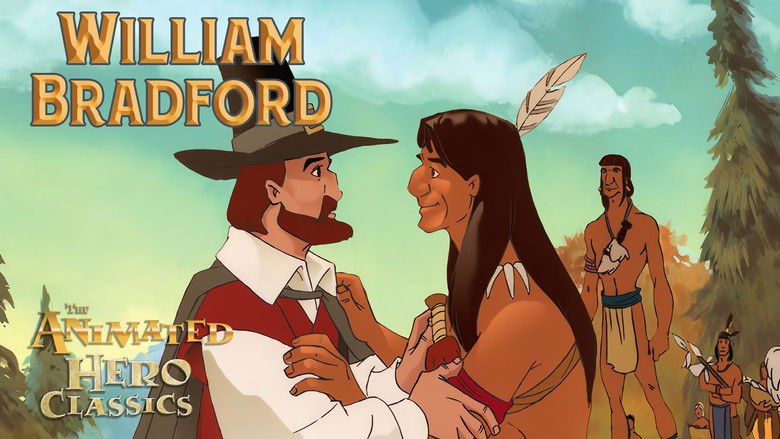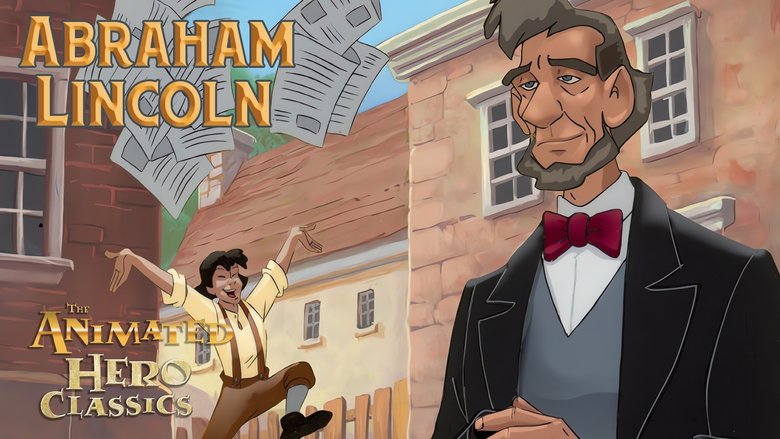
1: Christopher Columbus
Jun 1, 1991
While the whole world sailed east on the path to find China, Columbus believed it could be reached in two weeks… by sailing west! Finally, after securing the support of Queen Isabella of Spain, Columbus set sail. After three weeks of sailing and no sight of land, his crew threatened mutiny. At the moment when all seemed lost and Columbus considered turning back, land was discovered. Columbus realized his dream and America was discovered.











